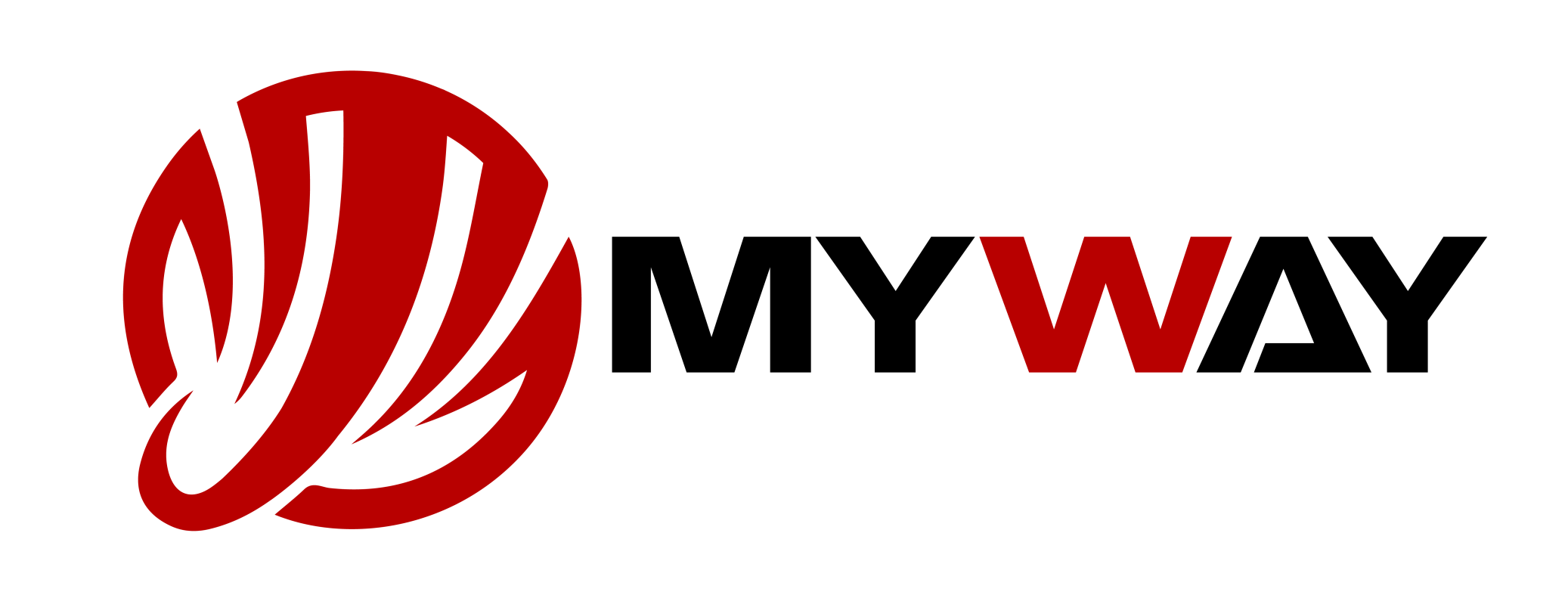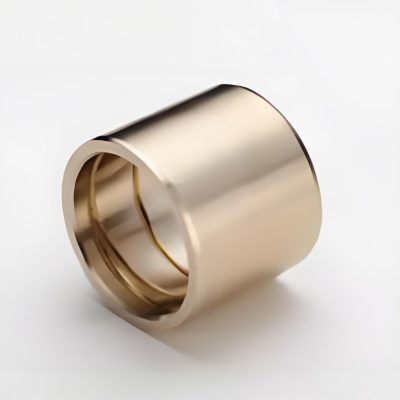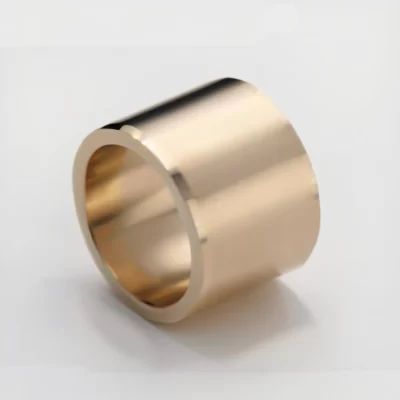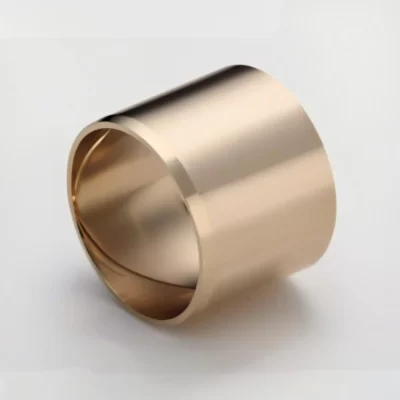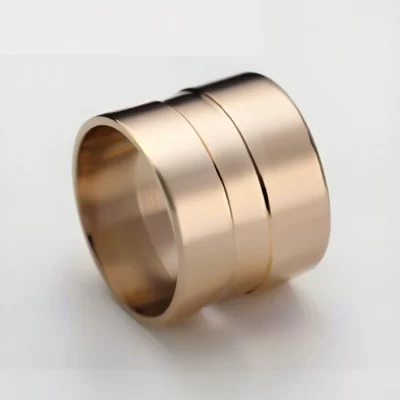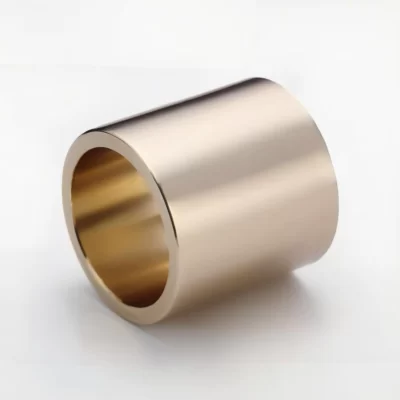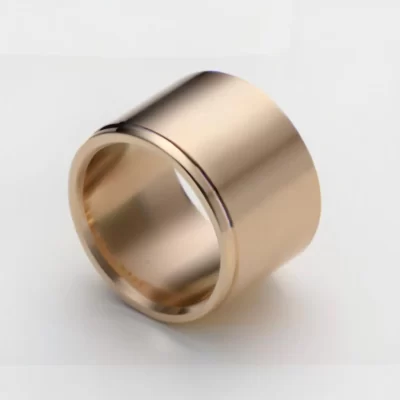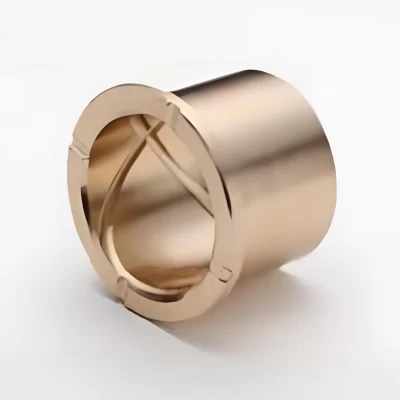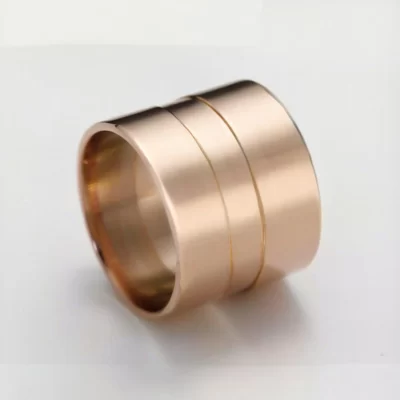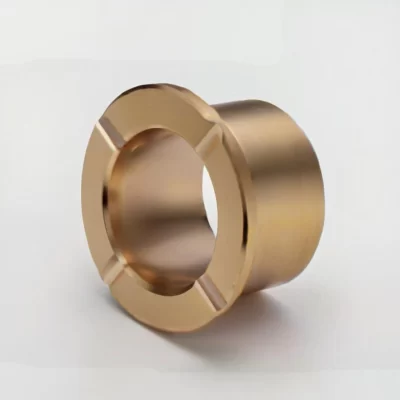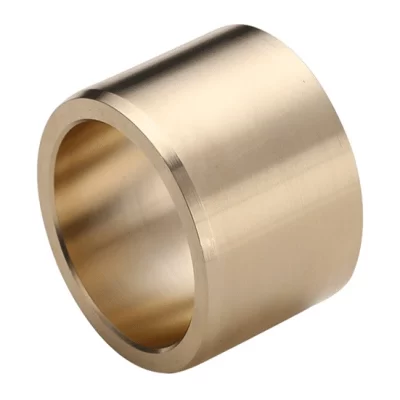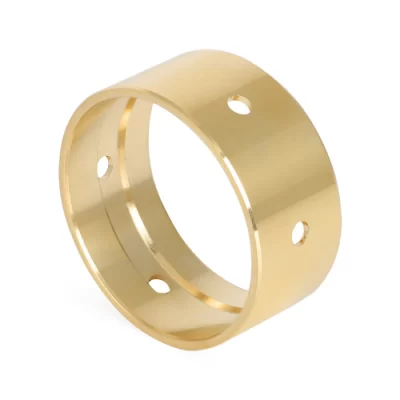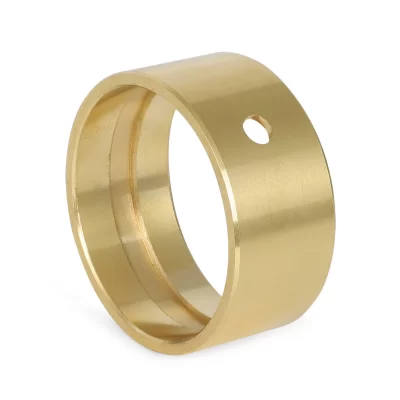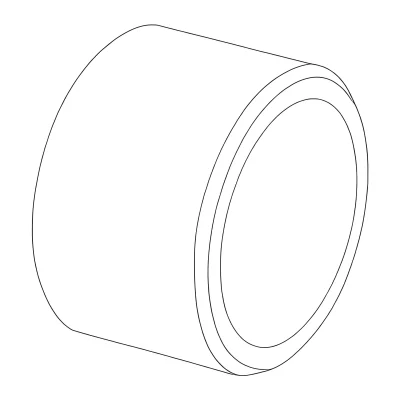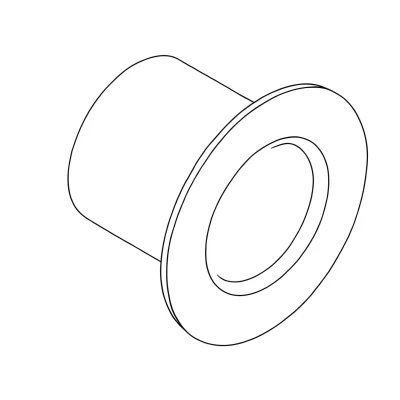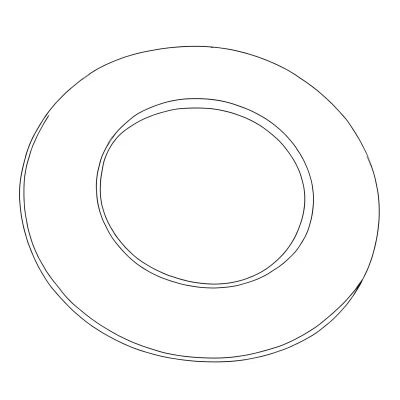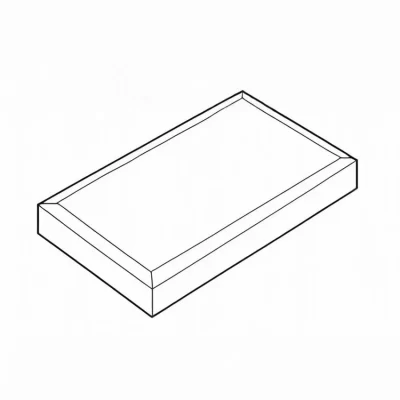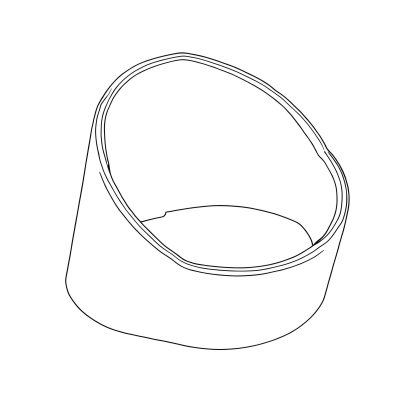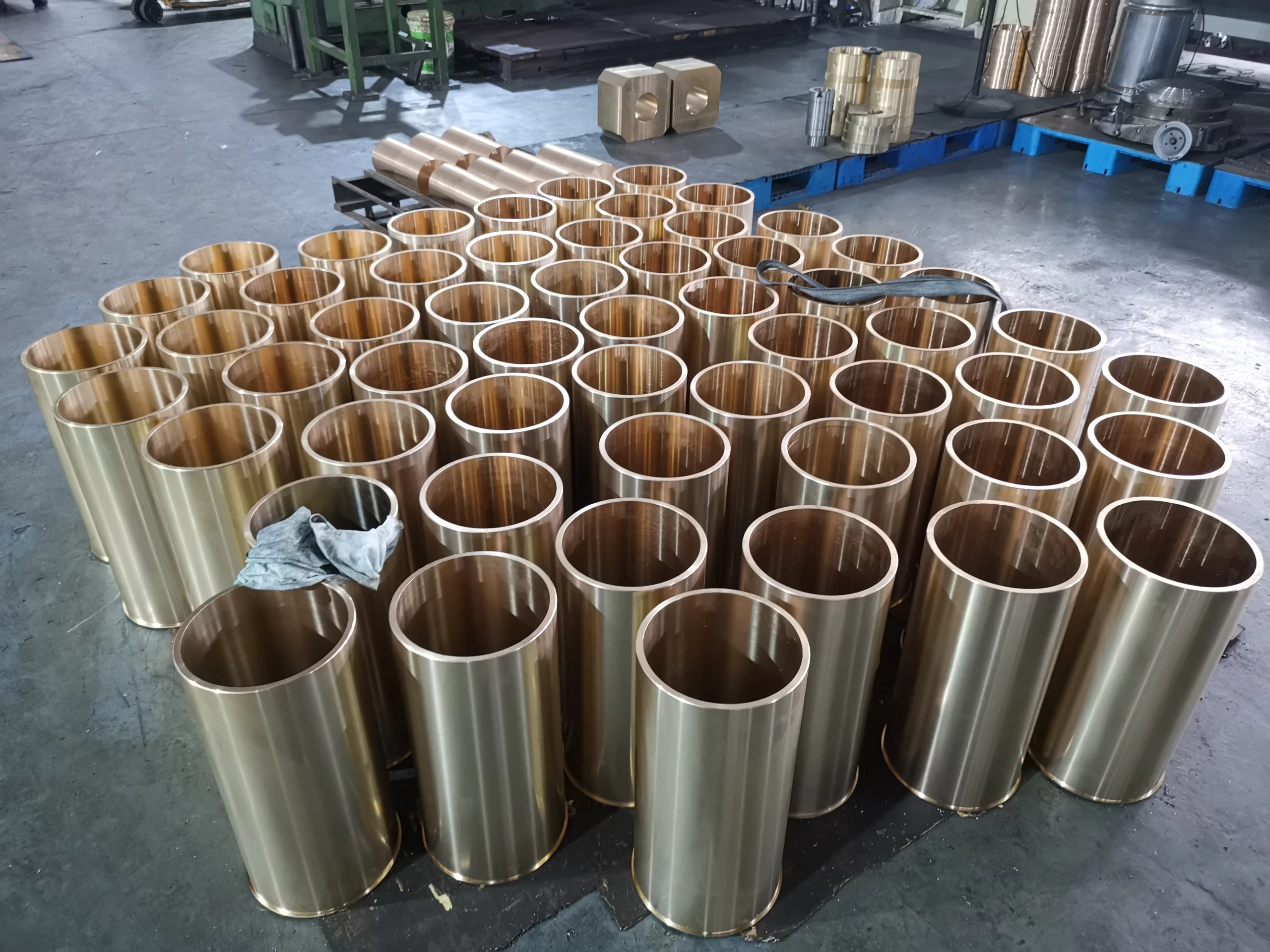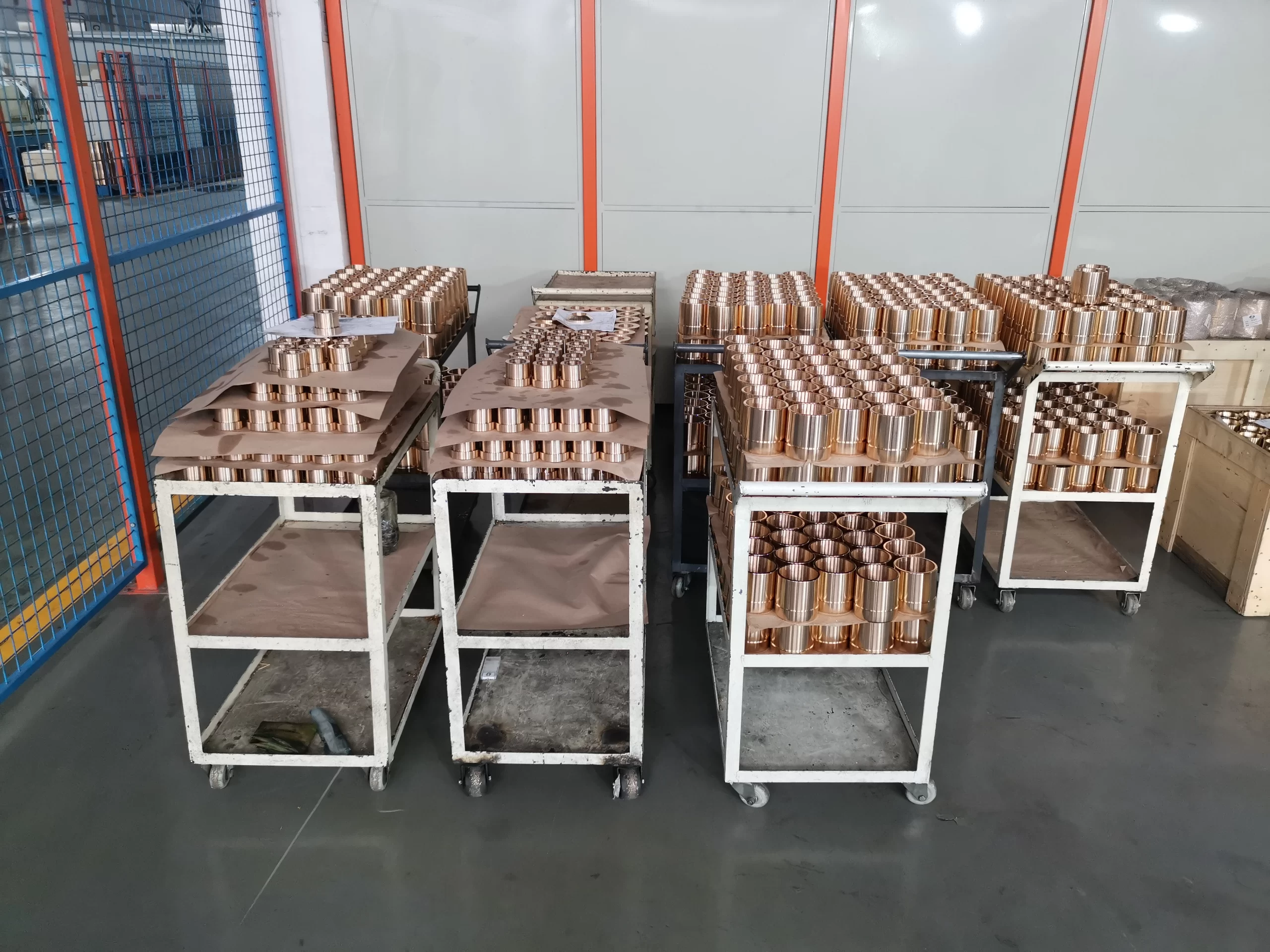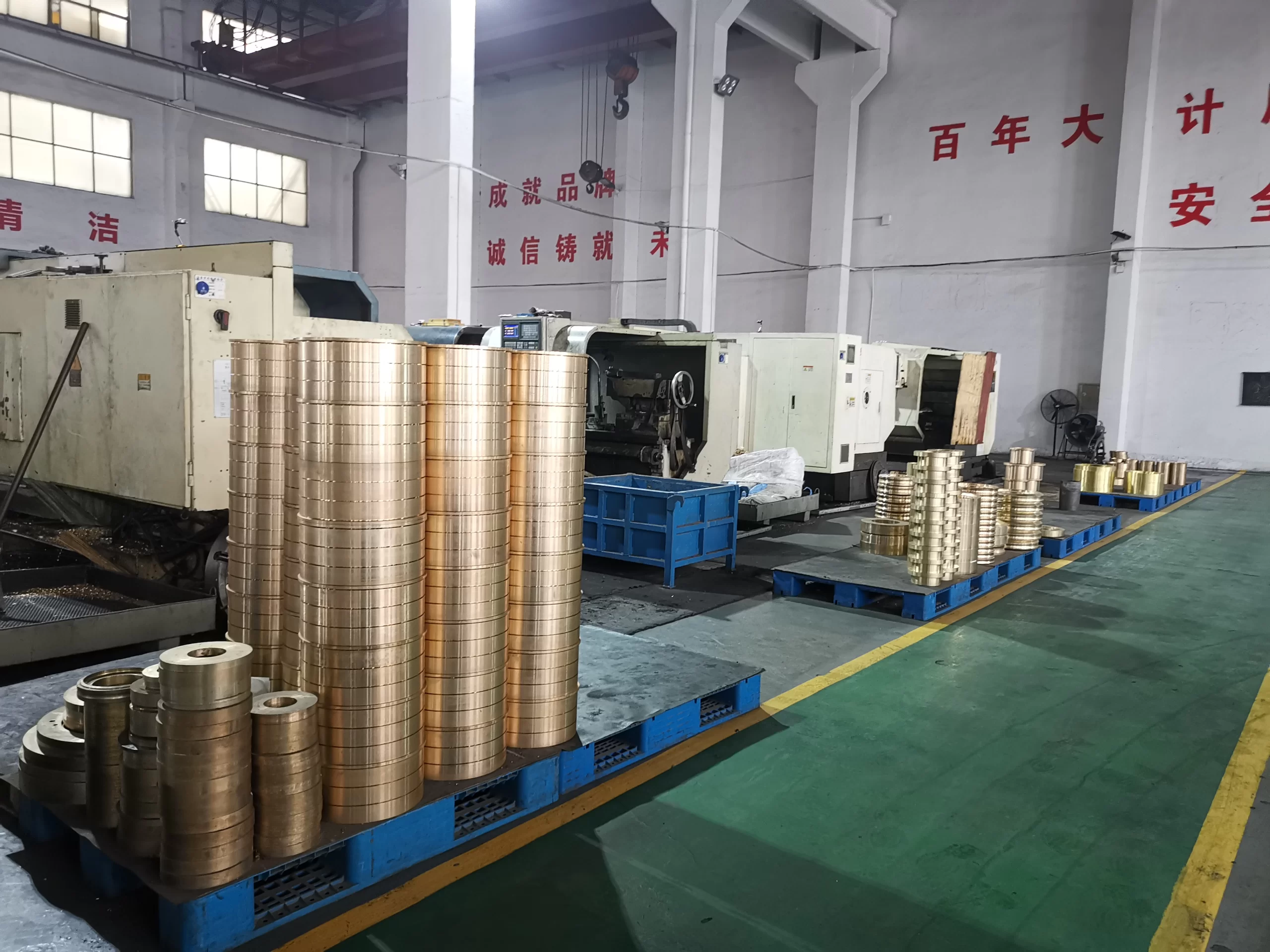MYWAY Reliable Bronze Bushings
Self-lubricating, Corrosion-resistant and High Rigidity
MYWAY: Expert Bushing Manufacturer in China with 20 Years of Experience.
We deliver custom & standard parts from casting to finish, IATF/ISO certified for 40+ countries.
Cost-effective solutions with reliable logistics.
Home » Bronze Bushing
Bronze Bushing
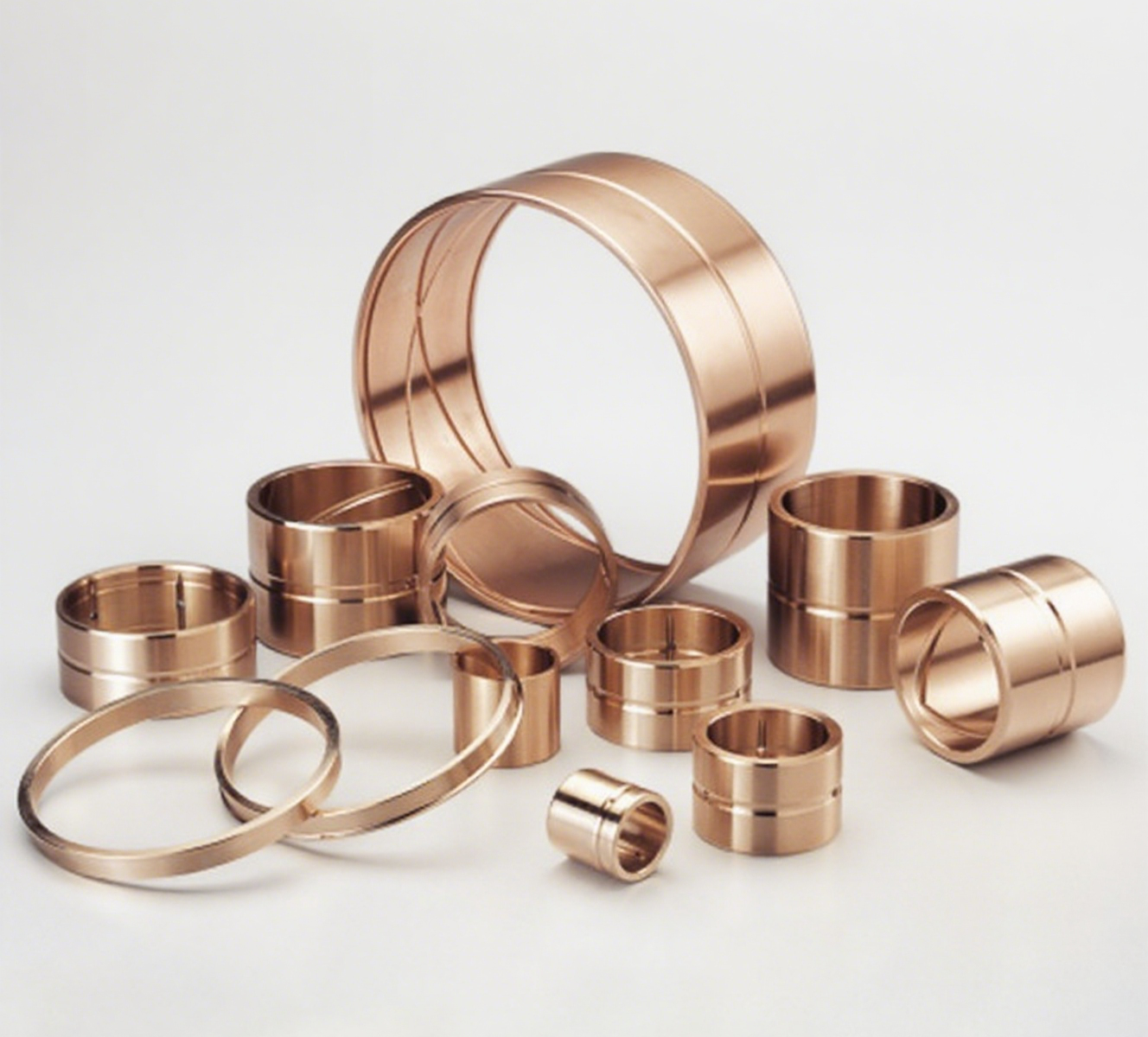
What is Bronze Bushing?
MYWAY Bronze Bushing Series are newly improved copper alloy products independently cast and precision-machined by our company. These bronze bushings deliver exceptionally high strength and hardness, excellent wear and corrosion resistance, high pressure tolerance, as well as superior machinability and castability, making them ideal for demanding industrial applications.
Bronze Bushings by Structure
Bronze Bushings by Metallographic
Bronze Bushings by Material
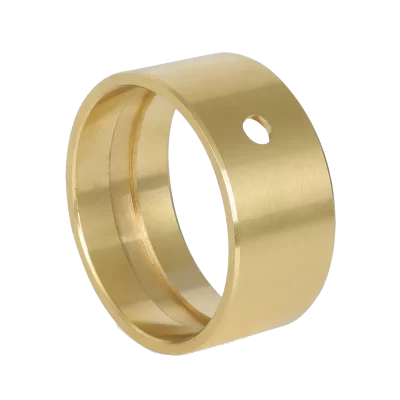
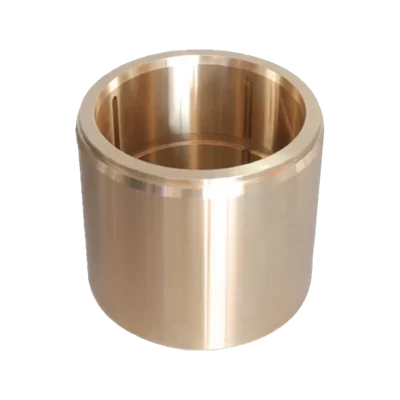
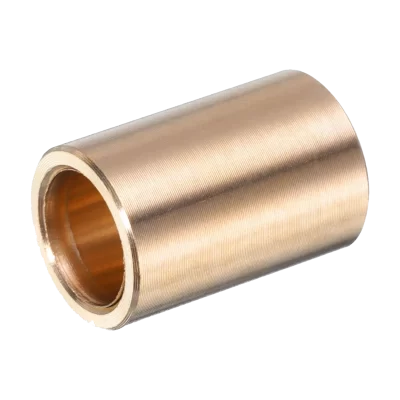
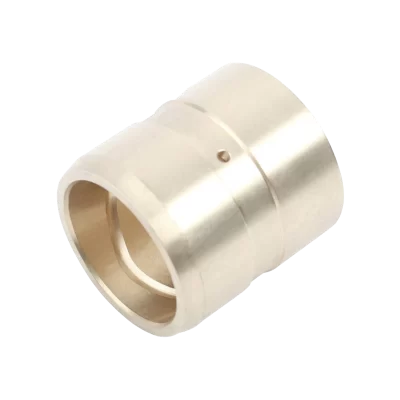
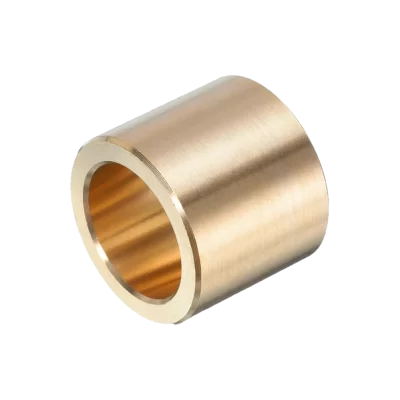
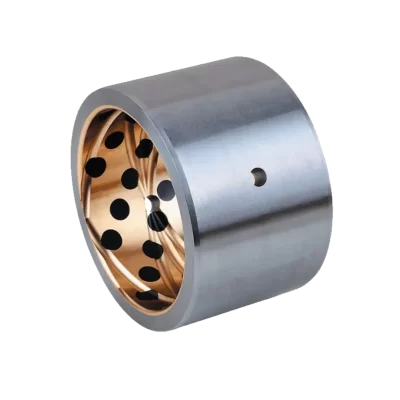
Bronze Bushings by Appearance
Plain - Bronze Bushings
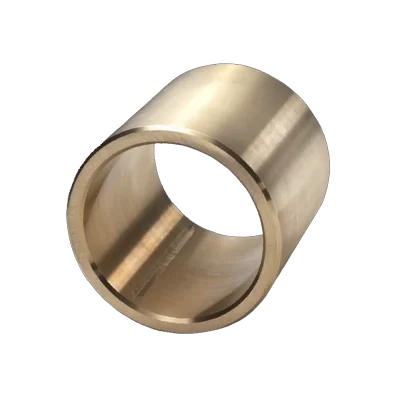
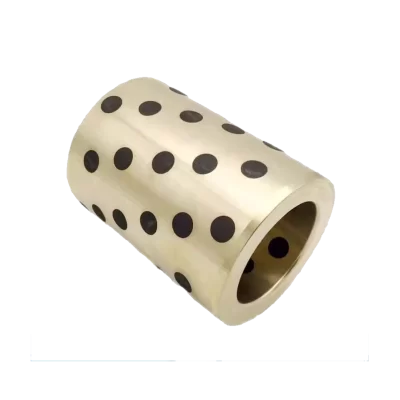
Wear Plates - Bronze Bushings
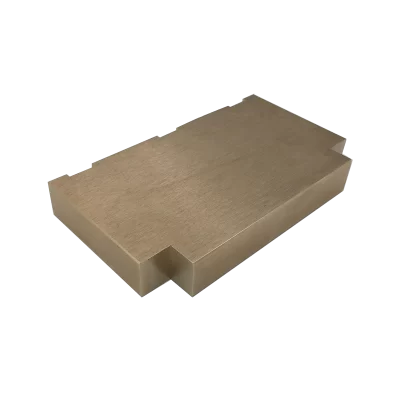
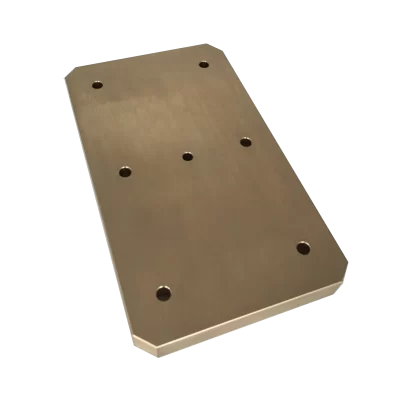
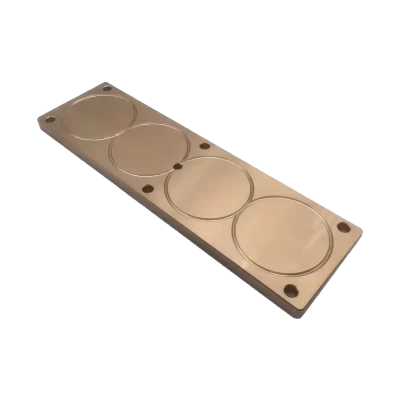
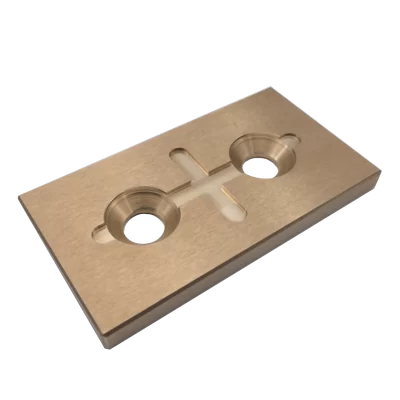


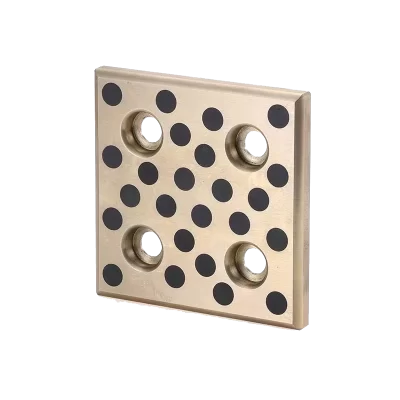
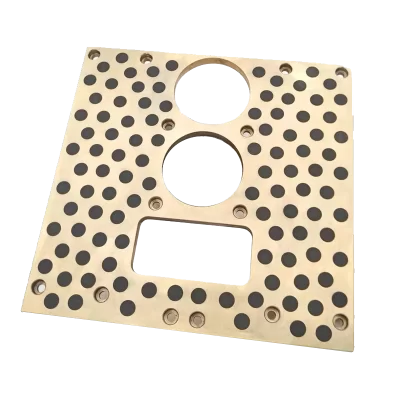
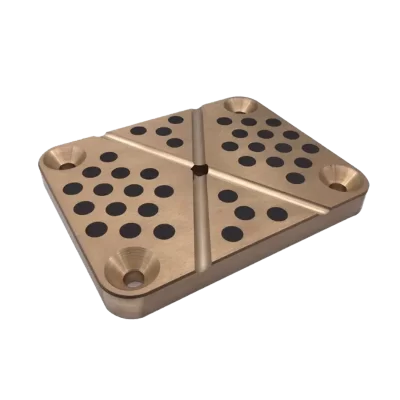
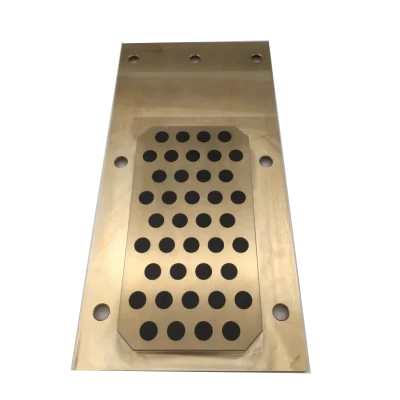
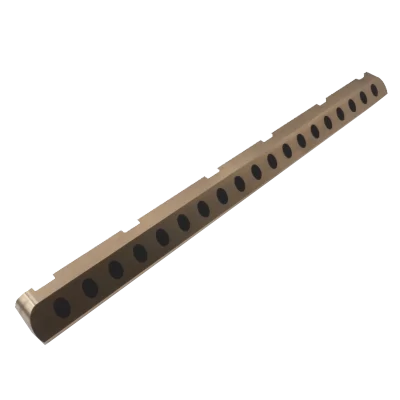
Trust Washer - Bronze Bushings
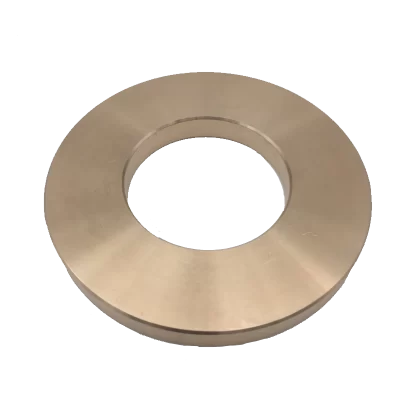
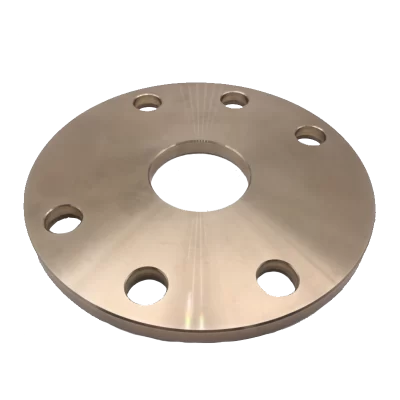
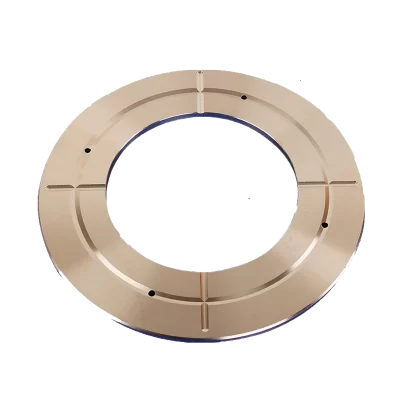
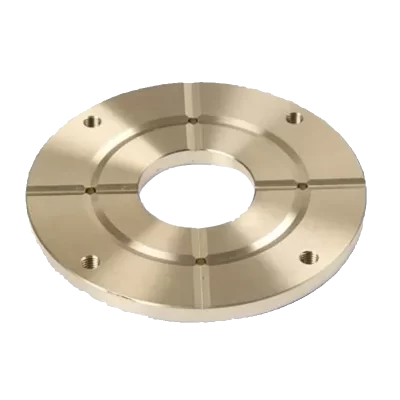
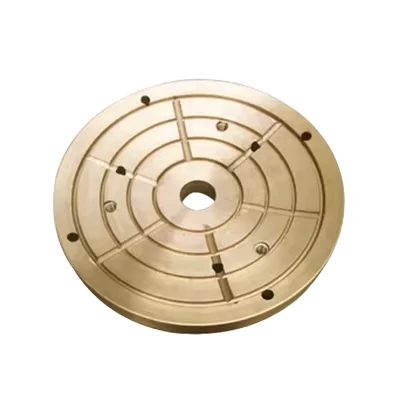
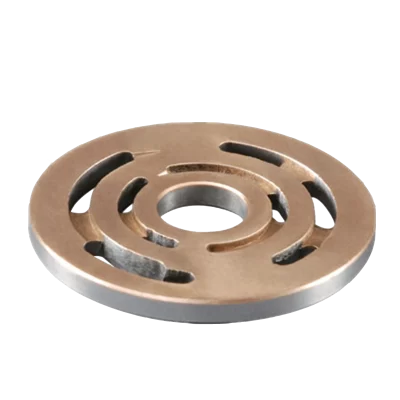
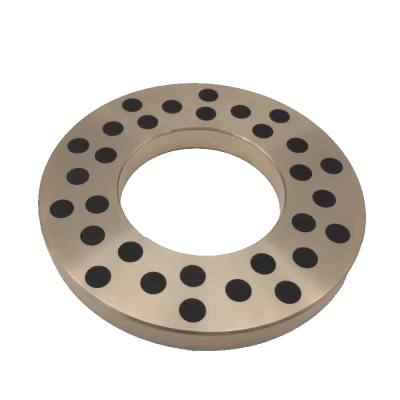
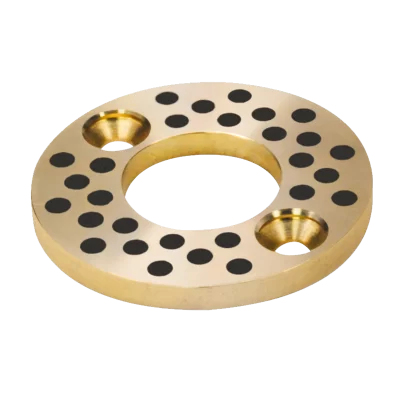
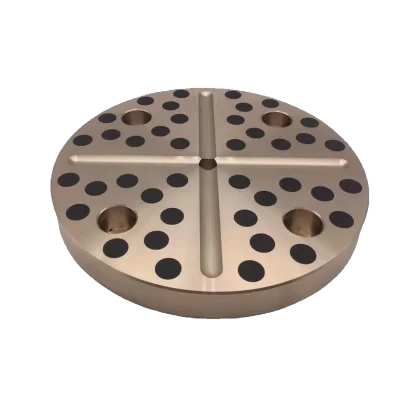
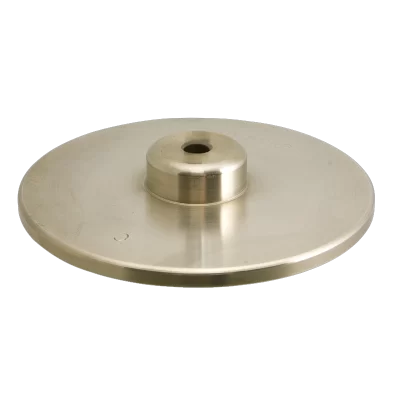
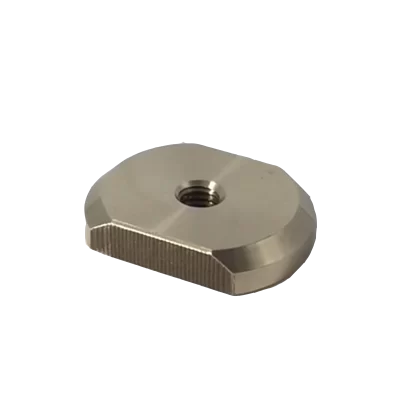
Flange - Bronze Bushings
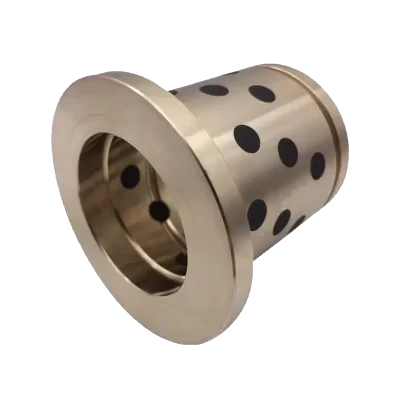
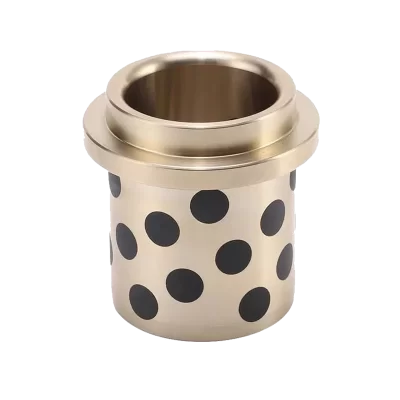
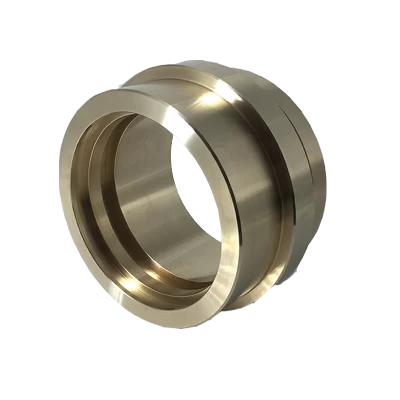
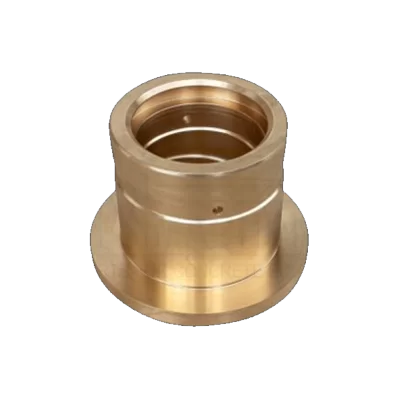
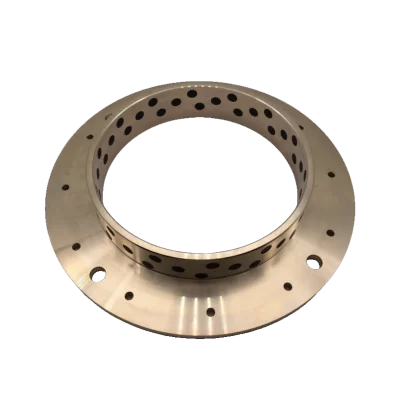
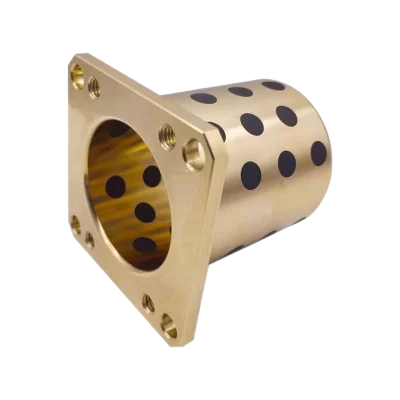
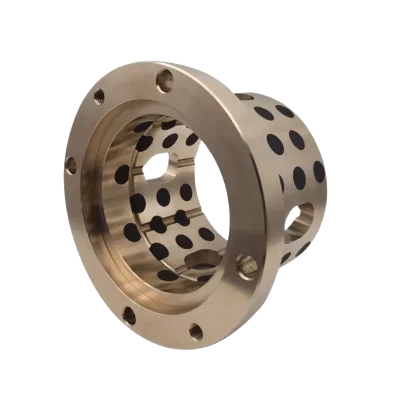
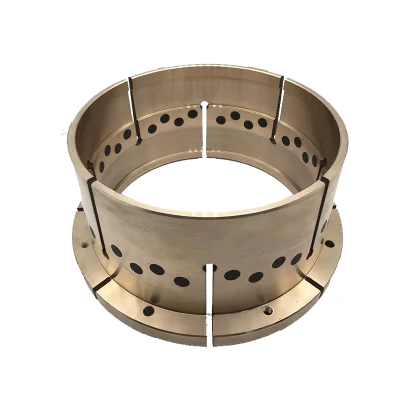
Special Shape - Bronze Bushings
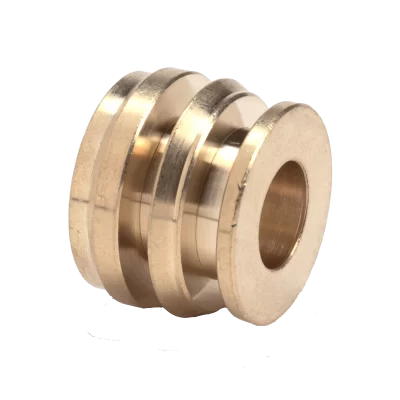
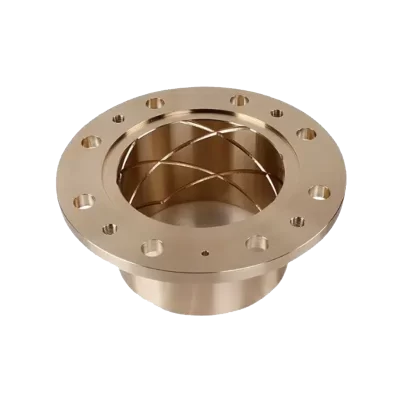
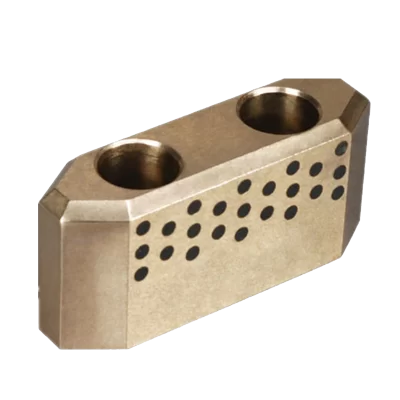
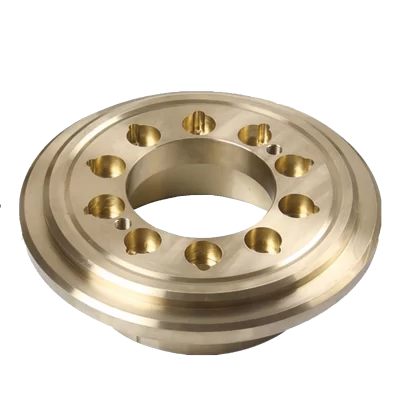
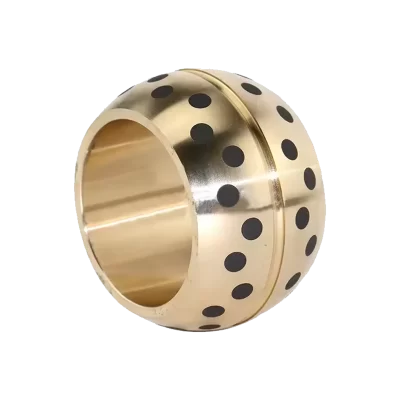
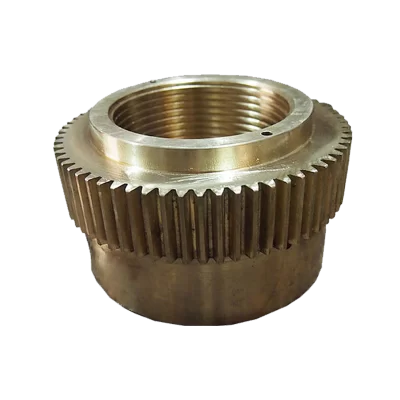
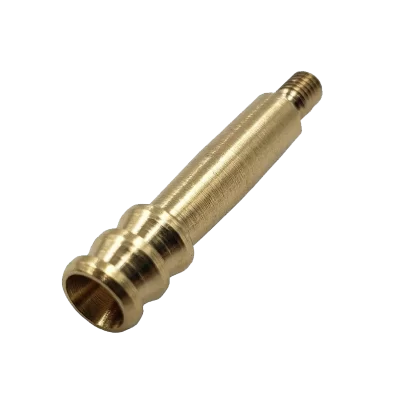
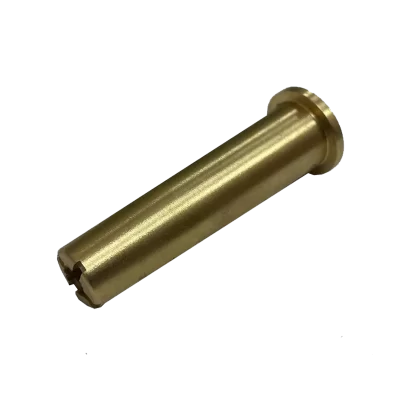
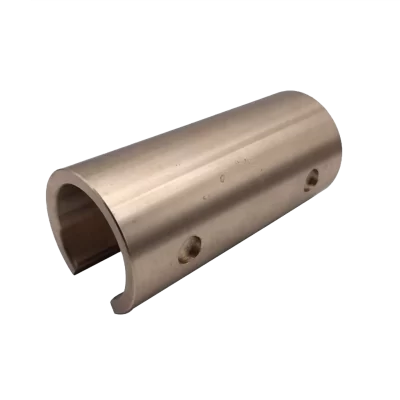
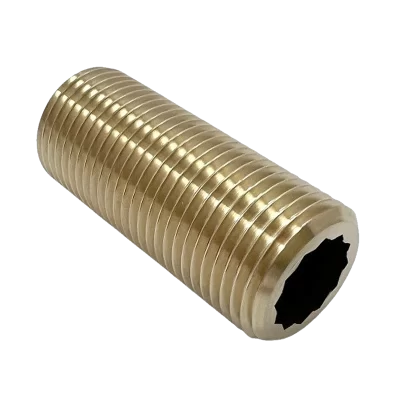
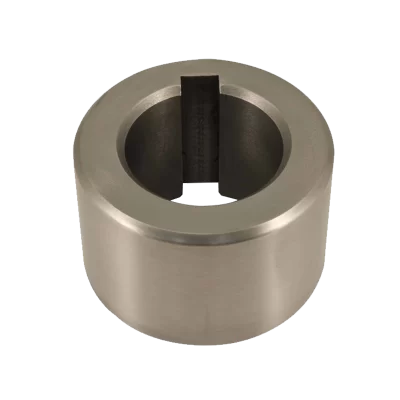
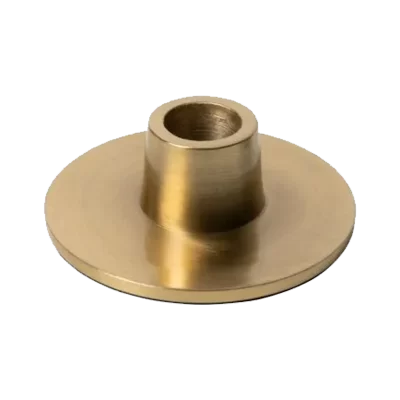
Bronze Bushings by Structure
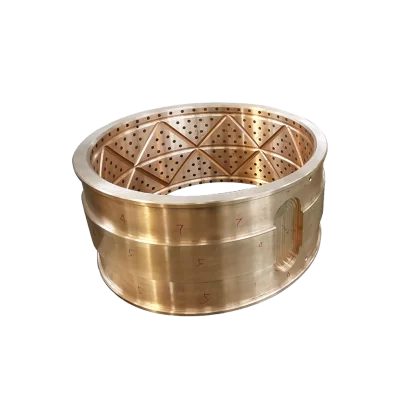
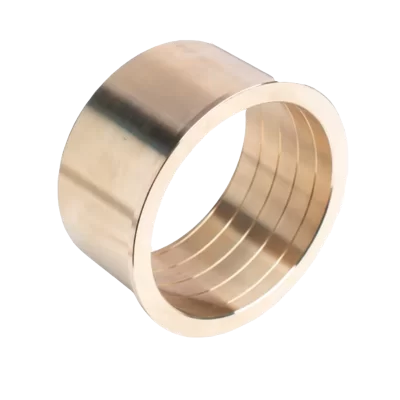
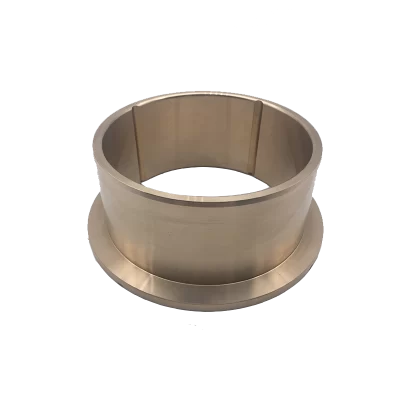
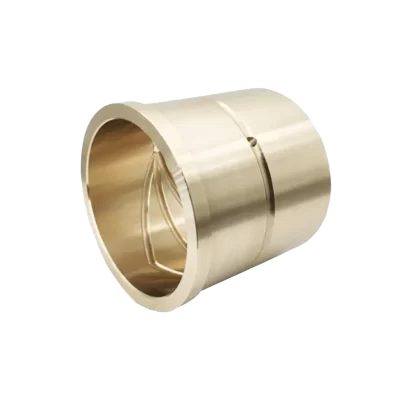
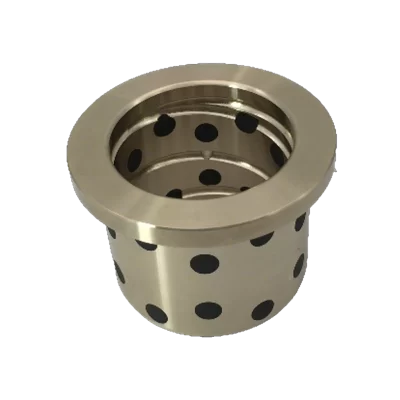
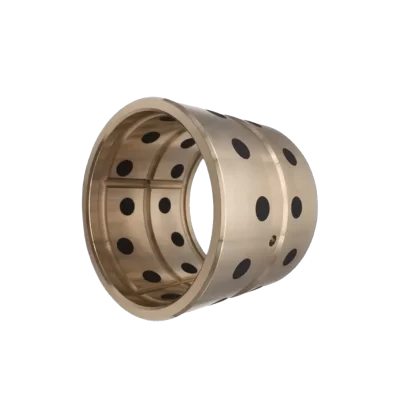
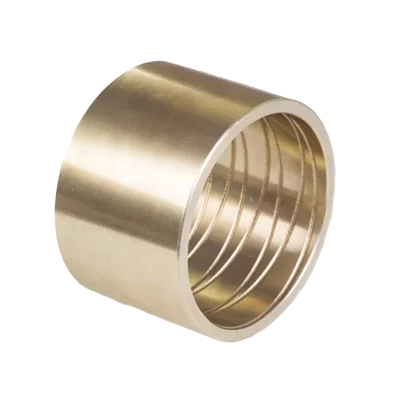
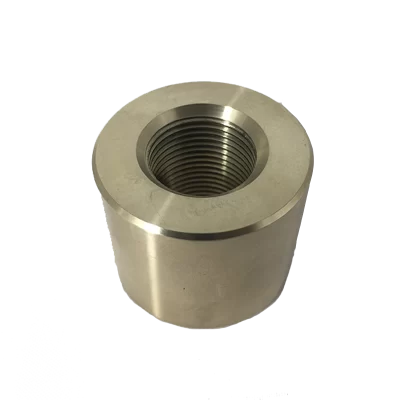
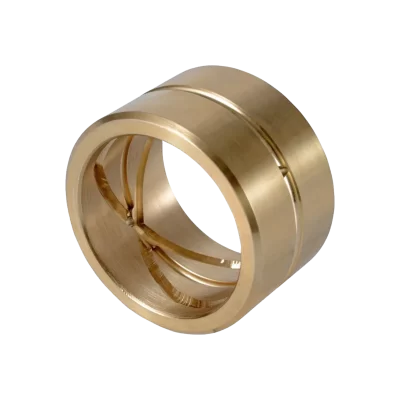
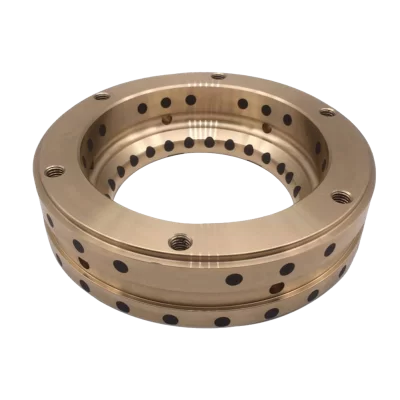
Bronze Bushings by Graphite Color
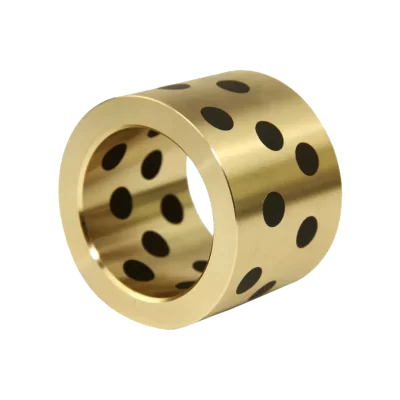
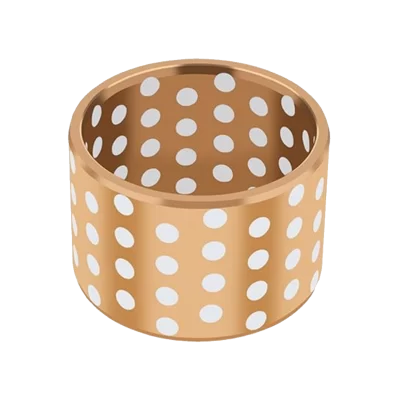
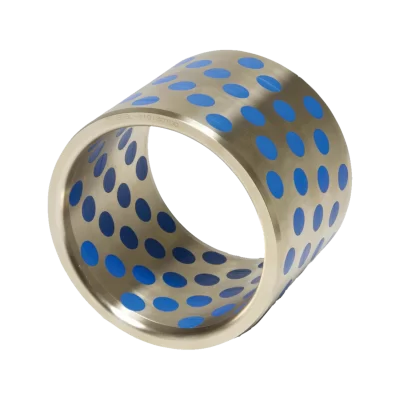
Bronze Bushings by Size
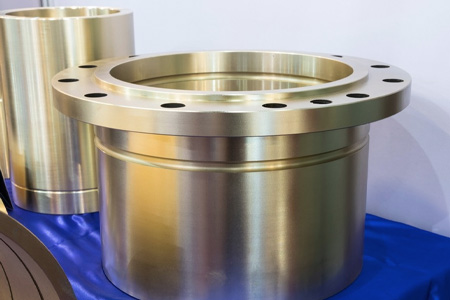
Large Bronze Bushings
Specialized for heavy equipment applications like construction equipment, hydroelectric power, crushers, offshore vessels, etc., large bronze bushings are available up to 20 inches in diameter.
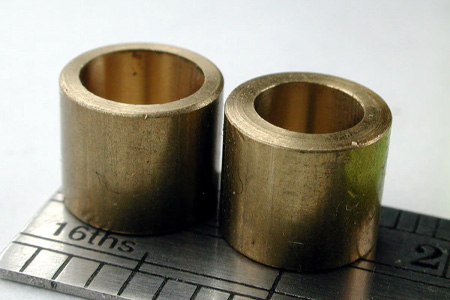
Small Bronze Bushings
The inside diameter of miniature bronze bushings is typically less than 2 inches. They are commonly used for precision machinery or small equipment, with excellent strength and wear resistance.
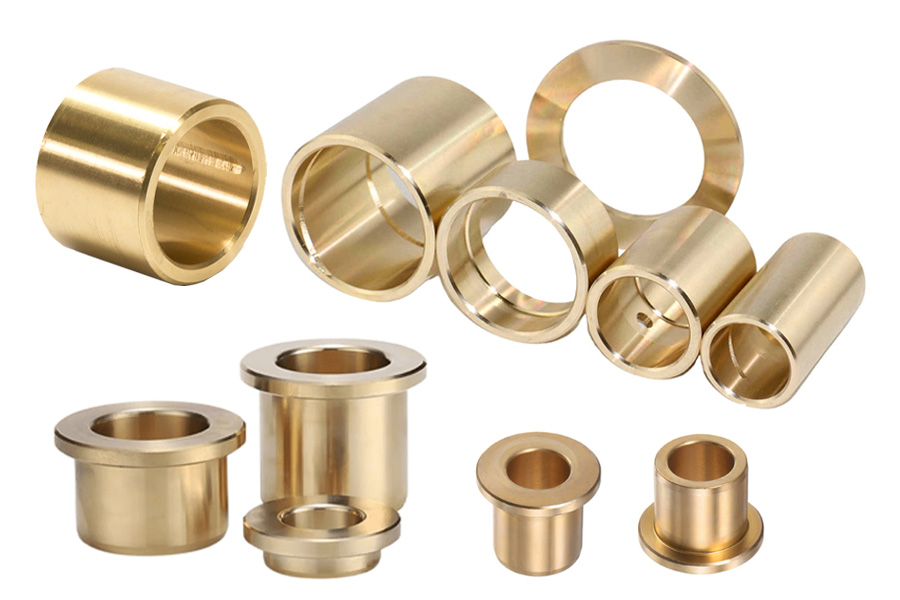
Thin Bronze Bushings
The preferred material for thin walled bronze bushings is aluminum bronze with high strength and low density of 7.45 g/cm³. The bushings have a wall thickness of less than 2 mm.
Bronze Bushings by Type
Applications of Self Lubricating Bushing
Our Factory
At MYWAY, we produce bronze bushings from smelting high-purity copper alloys to finished products. Our manufacturing process utilizes precision centrifugal casting to ensure uniform density and structural integrity, followed by CNC machining that achieves micron-level accuracy. Automated polishing and robotic assembly lines maintain consistent quality, while CMM and optical inspection systems verify every product’s specifications. This complete vertical integration enables MYWAY to deliver bronze bushings that meet the most demanding industrial requirements.
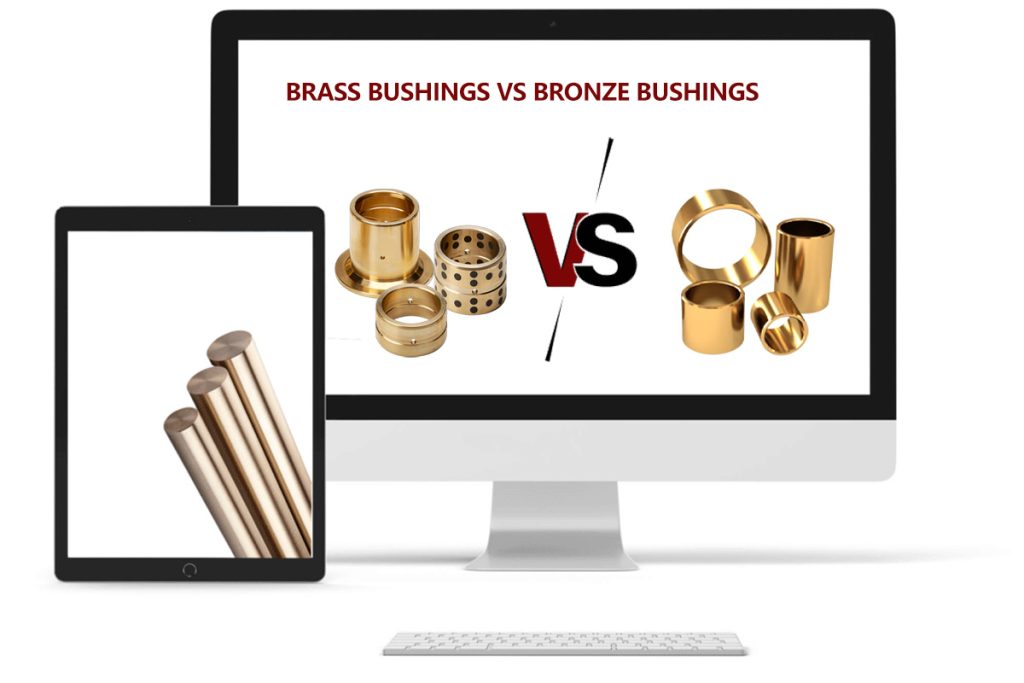
Brass Bushings vs. Bronze Bushings
Bronze and brass are both copper alloys and are commonly used raw materials for bushings. However, their composition and characteristics are different. The following is a comparison between the two. You can choose the material that suits you according to your needs.
- Composition: Bronze is a copper alloy that usually contains tin, aluminum or other metal elements. Brass is an alloy of copper and zinc.
- Hardness: In comparison, bronze bushings have higher strength and hardness, while brass bushings are softer and easier to process and install.
- Corrosion Resistance: Brass bushings are often used for general purposes, such as mildly corrosive environments in non-marine applications; while bronze is suitable for harsh environments, including marine, chemical or high-temperature applications.
Economic Cost: Brass bushings are usually cheaper than bronze bushings and are an economical and effective choice.
How to Install Bronze Bushings
Strictly comply with the process specifications and correctly install or move the bronze bushing to ensure the reliability and service life of your equipment to the maximum.
- Preparation: First, you need to confirm that the interference between the outer diameter of the bushing and the inner diameter of the mounting hole is 0.04~0.10mm, grind burrs to Ra≤6μm, align oil holes, and ready tools/grease.
- Core Steps of Installation: If your interference is ≤0.08mm, you can apply grease and press vertically and slowly; however, if the interference is greater than 0.08mm or it is a high-precision scene, you need to heat the mounting hole to 80~120℃ to expand it by 0.05~0.10mm and then install the bushing, or cool the bushing to shrink its outer diameter by 0.03~0.06mm and then install it quickly.
- Inspection: Measure coaxiality (≤02mm), run no-load 15-30 mins (monitor temp rise≤20℃/noise), then test 50%-75%-100% loads (1hr each, check temp/vibration every 15 mins).
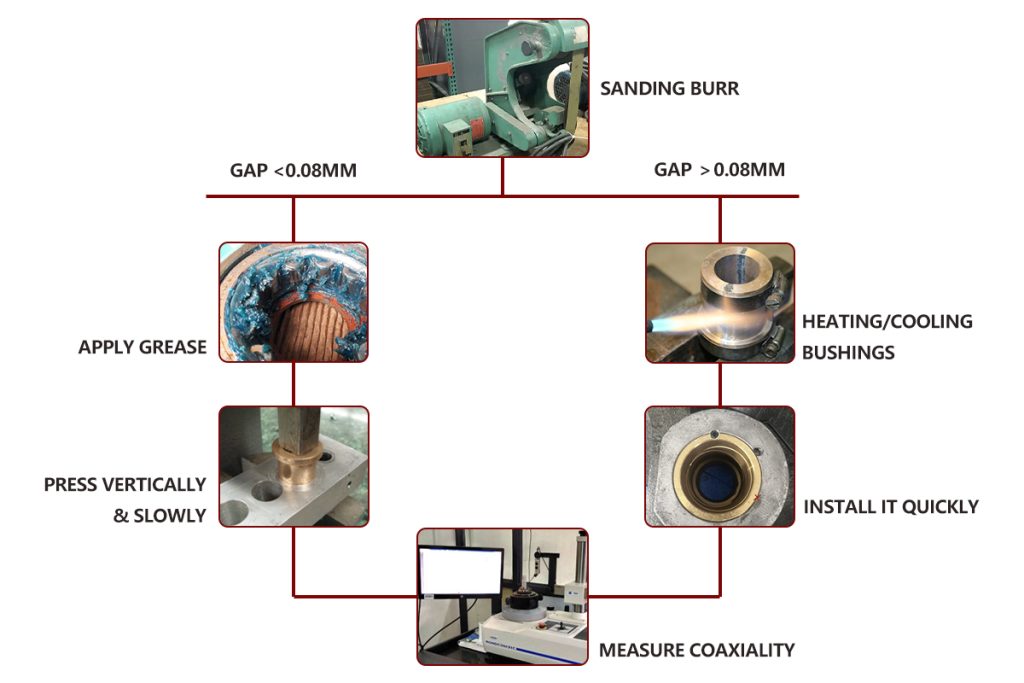

MYWAY Bronze Bushings: Your Ultimate Guide to High-Performance Sintered & Cast Bronze Bearings
Introduction: The Power of Bronze in Industrial Applications
Bronze bushings represent the gold standard in bearing technology, offering exceptional durability and reliability across countless industrial applications. As a leading manufacturer of bronze sleeve bushings and self-lubricating bearings, MYWAY combines ancient metallurgical wisdom with modern engineering to deliver solutions that withstand extreme conditions while minimizing maintenance requirements.
Why Choose Bronze Over Other Materials?
Bronze vs. Brass Bushings: Understanding the Difference
While both bronze and brass belong to the “red metals” family, they serve distinctly different purposes in industrial applications:
Bronze Bushings: Superior hardness and strength, excellent wear resistance, minimal deformation under pressure
Brass Bushings: Softer material, more prone to deformation and breakage, suitable for lighter applications
Key Advantages of MYWAY Bronze Bushings:
Exceptional mechanical strength and durability
Superior corrosion resistance in harsh environments
Excellent wear resistance under heavy loads
Low friction coefficients for smoother operation
High load capacity and impact resistance
Wide temperature range compatibility
Cost-effective, sustainable solution (100% recyclable)
MYWAY Bronze Bushing Product Lines
1. Standard Bronze Bushings (C93200/SAE 660)
Our standard inventory includes C93200 bronze sleeve bearings featuring:
81-85% copper composition with 6.3-7.5% tin
Excellent machinability and wear resistance
Immediate availability for quick delivery
Perfect for general industrial applications
2. Specialized Bronze Alloys
We offer comprehensive material options to meet specific requirements:
Tin Bronze Alloys: Optimal strength for heavy-load applications
Leaded Tin Bronze: Enhanced antifriction properties and machinability
High Leaded Tin Bronze: Superior lubrication capabilities
Aluminum Bronze: Exceptional strength and seawater corrosion resistance
Manganese Bronze: High-strength solution for demanding environments
Phosphor Bronze: Excellent toughness and low friction
Silicon Bronze: High-temperature performance
Nickel Aluminum Bronze: Maximum corrosion resistance
3. Manufacturing Processes: Sintered vs. Cast Bronze
Sintered Bronze Bushings:
Porous bronze matrix structure
Self-lubricating capabilities
Ideal for high and low-speed applications
Wide temperature range operation
Maintenance-free operation
Cast Bronze Bushings:
Superior mechanical strength
Enhanced corrosion resistance
Perfect for wet environments
Excellent for heavy-duty applications
Long-lasting performance
Comprehensive Bushing Types & Configurations
1. Cylindrical/Sleeve Bearings
Standard plain bronze bushings
Oil-impregnated bronze bushings
Graphite plugged bronze bushings
Applications: High-load, high-temperature environments
Single and double flanged bronze bushings
Built-in bearing housing units
Ideal for light to medium duty applications
Common in conveyor systems and food processing equipment
Bronze thrust washers for rotational applications
Easy assembly and disassembly
High load capacity in harsh environments
Widely used in automotive and aerospace industries
Industry Applications & Success Stories
MYWAY bronze bushings serve critical functions across diverse sectors:
Aerospace: Flight control systems, landing gear assemblies
Automotive: Sway bars, control arms, suspension components
Heavy Equipment: Construction and mining machinery
Marine & Offshore: Steering mechanisms, propulsion systems
Energy Sector: Wind turbine gearboxes, hydroelectric turbines
Industrial Machinery: Pumps, compressors, conveyor systems
Steel Manufacturing: High-temperature applications
Food Processing: Corrosion-resistant equipment
Technical Selection Guide
Critical Selection Factors:
Load Conditions: Dynamic and static loading requirements
Operating Speed: RPM and surface speed considerations
Environmental Factors: Temperature, moisture, chemical exposure
Space Constraints: Installation dimensions and wall thickness
Movement Type: Rotary, oscillating, or linear motion patterns
Material Selection Guide:
High Load Applications: C95400, C86300 manganese bronze
Corrosive Environments: Aluminum bronze, nickel aluminum bronze
General Purpose: C93200 bearing bronze
High Temperature: Silicon bronze alloys
Marine Applications: Aluminum bronze series
Installation & Maintenance Best Practices
Proper Installation Procedures:
Ensure correct housing dimensions and surface finish
Maintain proper press-fit tolerances
Verify alignment during assembly
Use appropriate installation tools
Lubrication Requirements:
While some sintered bronze bushings offer self-lubricating properties, most bronze bearings require proper lubrication:
Reduces friction and wear
Prevents corrosion
Extends service life
Improves operational efficiency
Maintenance Guidelines:
Regular visual inspections for wear patterns
Monitor operating temperatures
Check for unusual noise or vibration
Maintain lubrication schedules
Keep records of service life and performance
Why Choose MYWAY Bronze Bushings?
Technical Excellence:
Comprehensive alloy selection for optimal performance
Advanced manufacturing capabilities (sintering and casting)
Precision engineering and tight tolerances
Rigorous quality control and testing
Customer Benefits:
Reduced total cost of ownership
Extended equipment lifespan
Minimal maintenance requirements
Custom engineering solutions
Global supply chain reliability
Competitive pricing
REQUEST YOUR CUSTOM BRONZE BUSHING QUOTE
Ready to enhance your equipment’s performance with reliable bronze bushings? Contact MYWAY’s engineering team today for:
Application-specific product recommendations
Custom design and manufacturing services
Competitive pricing and delivery information
Technical support and engineering consultation
Explore our complete bronze bushing catalog and technical resources
MYWAY Bronze Solutions: Engineered for Performance, Built for Reliability
MYWAY Bronze Bushing FAQs
1. Do bronze bushings need grease?
The lubrication requirements for bronze bushings depend on the specific type:
Oil-impregnated bronze bushings and graphite-plugged bronze bushings are designed for self-lubricating, maintenance-free operation
Standard sintered bronze bushings and cast bronze bushings typically require external lubrication (grease or oil) for optimal performance
Proper lubrication reduces friction, minimizes wear, prevents corrosion, and extends service life
MYWAY provides specific lubrication recommendations based on your application requirements
2. How to install bronze bushings properly?
Follow these key steps for correct bronze bushing installation:
Ensure housing and shaft are clean and free of contaminants
Verify proper dimensional tolerances before installation
Use appropriate press-fit tools and equipment
Apply even pressure during installation to prevent distortion
Check alignment after installation
For flanged bronze bushings, ensure proper seating against the housing
Lubricate according to manufacturer specifications (unless using self-lubricating types)
3. How to remove bronze bushings safely?
Safe removal of bronze bushings requires careful technique:
Use specialized bearing pullers or extraction tools
Apply heat carefully if necessary (avoid overheating)
Press out using hydraulic or mechanical presses
For damaged bushings, consider cutting carefully with a rotary tool
Always wear appropriate safety equipment
Preserve the housing integrity during removal
4. What are bronze bushings used for?
Bronze bushings serve critical roles across numerous industries:
Automotive applications: Suspension systems, steering components, sway bars
Industrial machinery: Pumps, compressors, conveyor systems
Heavy equipment: Construction and mining machinery
Marine applications: Steering mechanisms, propulsion systems
Aerospace: Landing gear assemblies, flight control systems
Energy sector: Wind turbines, hydroelectric power plants
They’re ideal for high-load, low-speed applications requiring durability
5. Why is bronze used for bushings?
Bronze offers unique advantages that make it ideal for bushing applications:
Excellent wear resistance and durability
High load-bearing capacity
Good corrosion resistance
Low friction coefficients
Thermal conductivity for heat dissipation
Compatibility with various lubricants
Machinability for precision applications
Long service life in demanding conditions
5. A bronze bushing is mounted inside a steel sleeve - is this configuration common?
Yes, this is a standard and highly effective configuration:
The steel sleeve provides structural strength and support
The bronze bushing offers excellent bearing surfaces
This combination is common in bimetal bearings
Provides the strength of steel with the wear resistance of bronze
Ideal for heavy-duty applications and high-load conditions
MYWAY specializes in both standard and custom bimetal solutions
6. Where to find high-quality bronze bushings?
MYWAY is your trusted source for premium bronze bushings:
We manufacture both standard and custom bronze sleeve bearings
Comprehensive range including sintered bronze, cast bronze, and oil-impregnated types
Available in various alloys: C93200, C95400, C86300, and more
Custom manufacturing to your exact specifications
Strict quality control and performance testing
Competitive pricing and reliable delivery
Technical support and engineering consultation
7. What's the difference between bronze and brass bushings?
Key differences include:
Bronze bushings: Harder, stronger, better wear resistance, suitable for heavy loads
Brass bushings: Softer, more malleable, more likely to deform under pressure
Bronze typically lasts longer in demanding applications
Brass may be suitable for lighter duty, non-critical applications
8. Can bronze bushings be used in high-temperature applications?
Yes, depending on the specific bronze alloy:
Standard bronze bushings: Up to 250°C continuous operation
Special alloys: Can withstand up to 350°C
Aluminum bronze and silicon bronze offer superior high-temperature performance
Consult MYWAY engineers for specific high-temperature applications
9. Are bronze bushings suitable for marine environments?
Absolutely, particularly certain bronze alloys:
Aluminum bronze and nickel aluminum bronze offer excellent seawater corrosion resistance
Ideal for marine applications, offshore equipment, and coastal installations
Provide reliable performance in saltwater conditions
MYWAY can recommend the optimal alloy for your marine application
